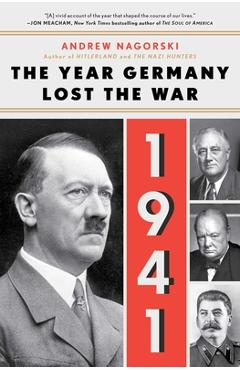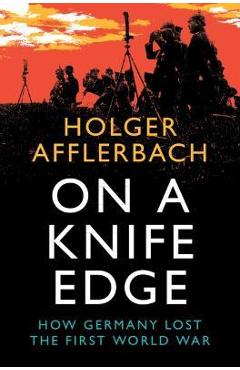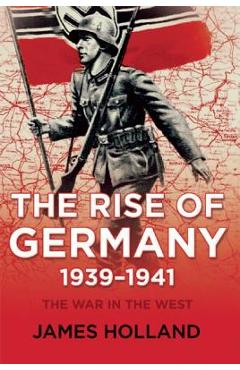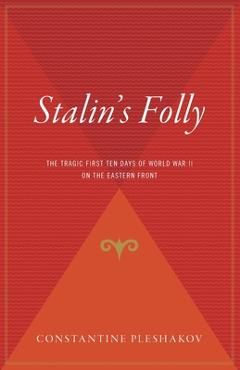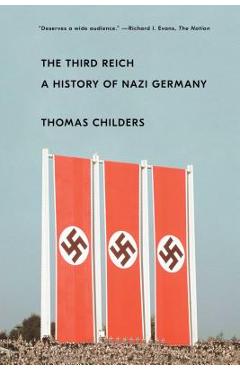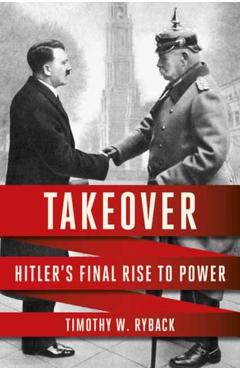Why Germany Nearly Won: A New History of the Second World War in Europe

Why Germany Nearly Won: A New History of the Second World War in Europe
Conventional wisdom explains German defeat during World War II as almost inevitable, primarily for reasons of Allied economic or military brute force created when Germany attacked the Soviet Union in 1941 and entered into a two-front war. Why Germany Nearly Won: A New History of the Second World War in Europe challenges this conventional wisdom, highlighting how the re-establishment of the traditional German art of war-updated to accommodate new weapons systems-paved the way for Germany to forge a considerable military edge over its much larger rivals by playing to its qualitative strengths as a continental power. Ironically, these methodologies also created and exacerbated internal contradictions that undermined the very war machine they enabled and left it vulnerabl
PRP: 409.20 Lei
Acesta este Pretul Recomandat de Producator. Pretul de vanzare al produsului este afisat mai jos.
347.82Lei
347.82Lei
409.20 LeiLivrare in 2-4 saptamani
Descrierea produsului
Conventional wisdom explains German defeat during World War II as almost inevitable, primarily for reasons of Allied economic or military brute force created when Germany attacked the Soviet Union in 1941 and entered into a two-front war. Why Germany Nearly Won: A New History of the Second World War in Europe challenges this conventional wisdom, highlighting how the re-establishment of the traditional German art of war-updated to accommodate new weapons systems-paved the way for Germany to forge a considerable military edge over its much larger rivals by playing to its qualitative strengths as a continental power. Ironically, these methodologies also created and exacerbated internal contradictions that undermined the very war machine they enabled and left it vulnerabl
Detaliile produsului









